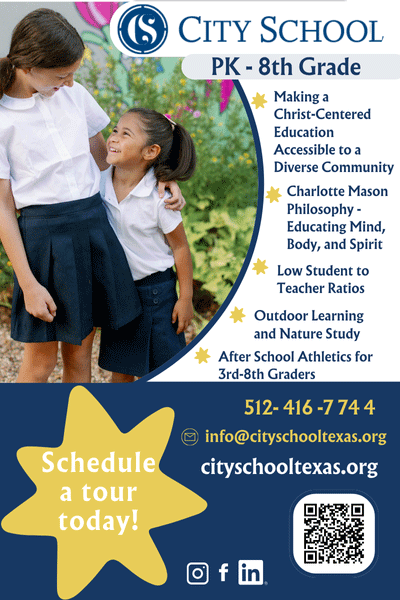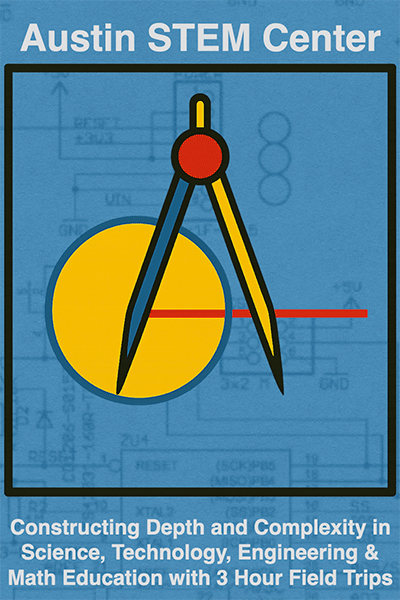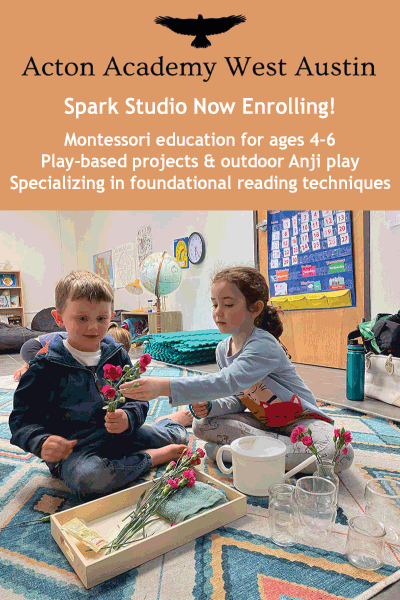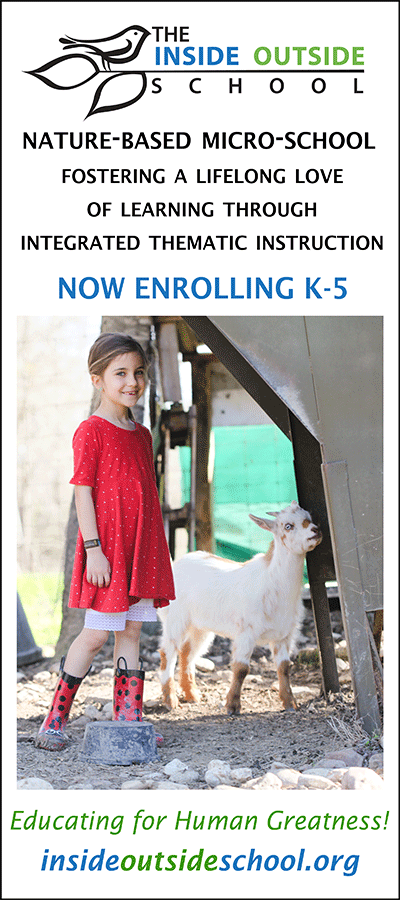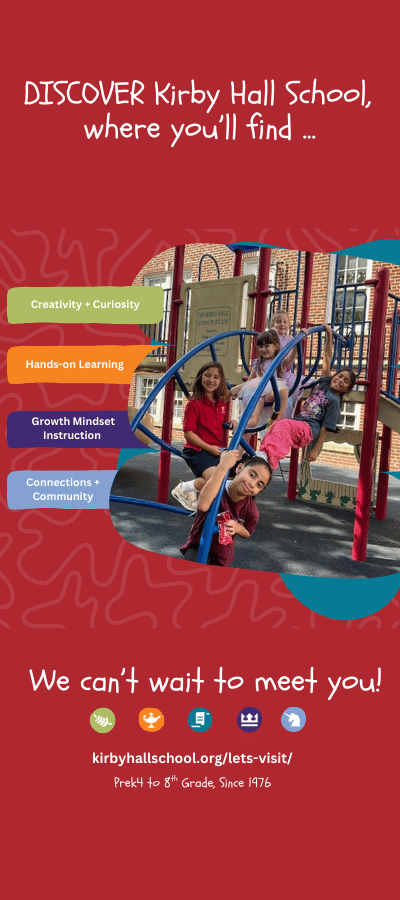Raising Resisters
/We invited Antonio Buehler back to the blog to tell our readers about a new group that is working to nurture and strengthen the next generation of effective anti-oppression activists. Among his many other roles, Antonio is founder of Abrome, a local school centered on self-directed, meaningful learning for ages 5–19.
The 2016 presidential election campaign reminded many Americans that while our society likes to boast about its commitment to equality, justice, liberty, and tolerance, an often stronger undercurrent of bias, bigotry, oppression, and hate courses through the veins of American culture. Prior to the election of Donald Trump, and coming off two terms of America’s first black president, both the political left and right were generally dismissive of what appeared to be a rising tide of hostility toward immigrants, black and brown communities, Jews, Muslims, the LGBTQ community, and women. However, since the election, the hostilities against marginalized and oppressed groups have continued to rise, while fascist and white supremacist organizing has moved out from the shadows and into the streets. Although the fabric of society may have changed very little over the past year, the aesthetics have changed significantly.
As organic and organized protests began to grow after election day, and leading up to the inauguration, it became apparent that many previously inactive people were looking for ways to become engaged. While more established political and nonprofit entities were eager to pull those people into their organizations, a small group of Austin activists came together as the Oh Shit! What Now? (OSWN) Collective to find ways to introduce those people into more radical activist circles that focus on direct action tactics. OSWN has since helped organize and plan study groups, discussions, trainings, and workshops aimed at building a diverse community of resisters, and equipping folks with radical skills that they can share with others to push back against hierarchical and oppressive forces within society.
The younger generations have historically been one of the drivers, if not the primary ones, of radical social change, while their caregivers or guardians, as well as those who contribute to the development of the younger generations (e.g., teachers), help shape whether the youth believe that they can drive social change. That’s why OSWN came together with Abrome, the Crustacean Zine Library, and Austin Yawp to launch Raising Resisters, a discussion group that focuses on anti-oppressive parenting and education tactics.
Parenting, education, and activism have a long history of interrelatedness. Radical leftists and anarchists have often understood that oppression is more easily dismantled within the family than within societal institutions, and that young people could be spared being conditioned by mainstream schooling into accepting authoritarianism, capitalism, nationalism, and other hierarchical belief systems. For example, in the 19th century, Henry David Thoreau, Louisa May Alcott, Leo Tolstoy, and Francisco Ferrer Guardia all led alternative schools that were the precursors of radical free schools and democratic schools wherein children had full control over their educational experiences. In the 20th century, in conjunction with the rise of the free schools, writers such as Paul Goodman, George Dennison, and John Holt helped introduce the notions of deschooling and unschooling as a means of resistance into a wider counterculture that was already questioning American foreign policy, racial segregation, and assumptions about social norms. Holt, the most influential of these thinkers, even forewarned of today’s rise of fascism and the inability of system reforms to effectively stave off that rise.
OSWN, Abrome, the Crustacean Zine Library, and Austin Yawp invite parents and educators to join us at our monthly Raising Resisters discussion group meetings to continue the tradition of marrying parenting, education, and activism so that we can build community to resist, and create something better.
Upcoming Events (meetings at 6:30pm at Austin Yawp, 4548 Page St., Austin, TX 78723):
- Thursday, June 15th
- Thursday, Jul 20th
- Thursday, Aug 24th
- Thursday, Sep 21st
- Thursday, Oct 19th
- Thursday, Nov 16th
- Thursday Dec 14th
Antonio Buehler











